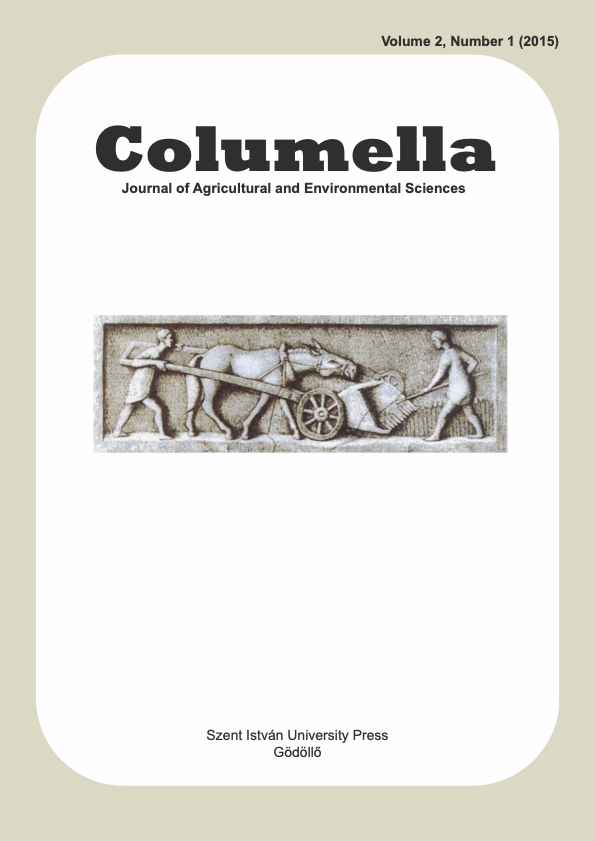Soil, as a multifunctional natural resource
DOI:
https://doi.org/10.18380/SZIE.COLUM.2015.1.9.Keywords:
soil functions, soil fertility, resilience, soil degradation, control of soil processesAbstract
Soils represent a considerable part of the conditionally renewable natural resources. Consequently, rational land use and proper soil management are important elements of sustainability and have special significance in the national economy, environment protection, and even in rural development. The main soil functions are as follows:
-
reactor, transformer and integrator of the combined influences of other natural resources;
-
medium for biomass production, primary food-source of the biosphere;
-
storage of heat, water, plant nutrients and wastes;
-
high capacity buffer medium, which may prevent or moderate the unfavourable consequences of various
stresses;
-
natural filter and detoxication system;
-
significant gene reservoir, an important element of biodiversity;
-
conservator of natural and human heritages;
-
basis for constructions.
Society has utilized these functions in different ways (rate, method, efficiency) throughout history, depending on the given natural conditions and socio-economic circumstances. In many cases irrational (misguided) management leads to “soil loss”, functional disturbances and environment deterioration. The prevention or reduction of these unfavourable consequences requires permanent care and efficient control of soil processes.
Downloads
Published
Issue
Section
License
Copyright (c) 2015 György Várallyay

This work is licensed under a Creative Commons Attribution-NonCommercial-NoDerivatives 4.0 International License.






